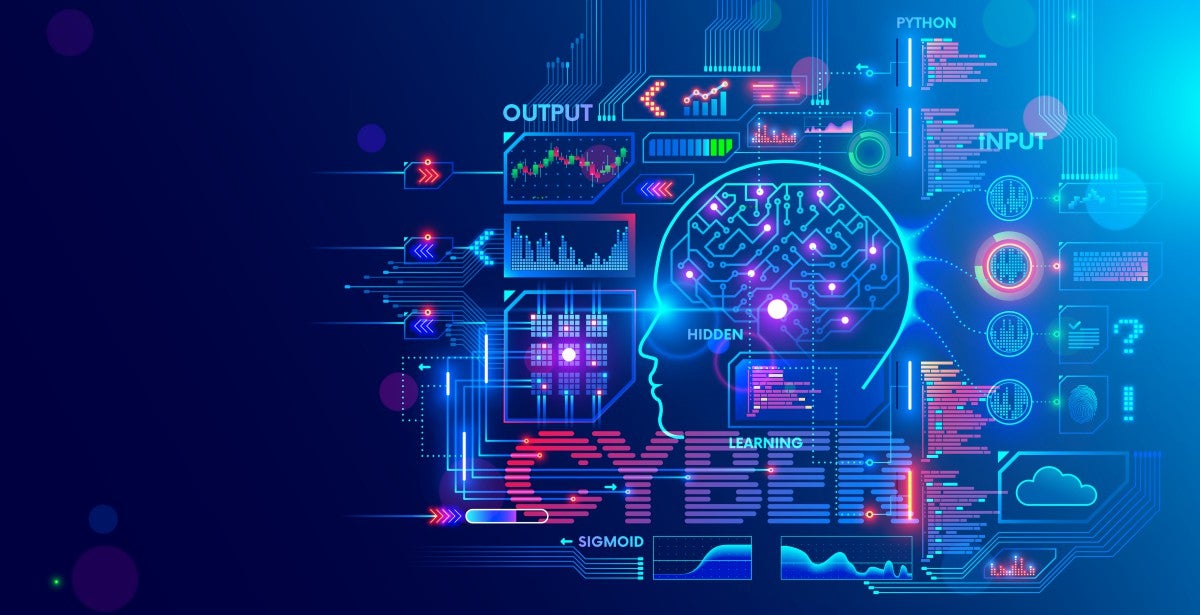In today’s digital age, keeping your information safe online is more important than ever. Hackers and cybercriminals are always looking for ways to steal data, spread viruses, or cause trouble. That’s where cybersecurity software tools come in. These Software Center tools help protect your computer, phone, and online accounts from threats. In this article, we’ll explore what cybersecurity software tools are, how they work, and why they’re essential for staying safe online.
What Are Cybersecurity Software Tools?
Cybersecurity software tools are programs designed to protect your devices and data from cyber threats. These threats can include viruses, malware, phishing attacks, and hackers. Cybersecurity tools work by detecting and blocking these threats before they can cause harm. They also help you recover if something goes wrong, like if your computer gets infected with a virus.
There are many types of cybersecurity software tools, each with its own purpose. Some tools focus on protecting your computer, while others help secure your online accounts or networks. Together, these tools create a strong defense against cyber threats.
Why Are Cybersecurity Software Tools Important?
Cybersecurity software tools are important because they help keep your personal information safe. Imagine if someone stole your passwords, hacked your email, or locked your computer until you paid them money. These are real risks in today’s world, and cybersecurity tools help prevent them.
For businesses, cybersecurity is even more critical. A single cyberattack can cost a company millions of dollars and damage its reputation. By using cybersecurity software tools, businesses can protect their data, customers, and employees from harm.
Even if you’re just using a computer for school or fun, cybersecurity tools are essential. They help you browse the internet safely, protect your photos and files, and keep your online accounts secure.
Types of Cybersecurity Software Tools
There are many different types of cybersecurity software tools. Here are some of the most common ones:
1. Antivirus Software
Antivirus software is one of the most well-known cybersecurity tools. It protects your computer from viruses, malware, and other harmful programs. Antivirus software scans your files and programs to detect threats. If it finds something dangerous, it removes or quarantines it to keep your computer safe.
2. Firewalls
A firewall is a tool that acts like a barrier between your computer and the internet. It monitors incoming and outgoing traffic to block suspicious activity. Firewalls can be software-based (installed on your computer) or hardware-based (built into your router). They help prevent hackers from accessing your network.
3. Password Managers
Password managers are tools that help you create and store strong passwords. Instead of using the same password for every account, a password manager generates unique, complex passwords for each one. It also stores them securely so you don’t have to remember them all. This makes it much harder for hackers to break into your accounts.
4. Encryption Tools
Encryption tools protect your data by turning it into a code that only you can read. Even if someone steals your files, they won’t be able to understand them without the encryption key. Encryption is often used to protect sensitive information like bank details, medical records, and private messages.
5. Anti-Phishing Tools
Phishing is a type of cyberattack where hackers trick you into giving them your personal information. Anti-phishing tools help protect you by detecting fake emails, websites, and messages. They warn you if something looks suspicious so you can avoid falling for scams.
6. Backup Software
Backup software helps you create copies of your important files. If your computer gets infected with ransomware (a type of malware that locks your files), you can use your backup to restore them. Backup software is like an insurance policy for your data.
How to Choose the Right Cybersecurity Software Tools
With so many options available, how do you choose the right cybersecurity software tools? Here are some tips to help you decide:
1. Identify Your Needs
Think about what you need to protect. Are you looking for antivirus software to protect your computer? Or do you need a password manager to secure your online accounts? Knowing your needs will help you choose the right tools.
2. Check for Compatibility
Make sure the tools you choose work with your devices and operating systems. For example, some antivirus software is designed for Windows, while others work on Mac or Android.
3. Look for User-Friendly Tools
Cybersecurity tools should be easy to use. Look for tools with simple interfaces and clear instructions. If a tool is too complicated, you might not use it properly, which could leave you vulnerable to attacks.
4. Read Reviews
Before choosing a tool, read reviews from other users. This will give you an idea of how well the tool works and whether it’s worth the price. Look for tools with high ratings and positive feedback.
5. Consider Your Budget
Some cybersecurity tools are free, while others require a subscription. Free tools can be a good starting point, but paid tools often offer more features and better protection. Decide how much you’re willing to spend and choose tools that fit your budget.
Tips for Using Cybersecurity Software Tools
Once you’ve chosen your tools, here are some tips to help you use them effectively:
1. Keep Your Tools Updated
Cyber threats are always evolving, so it’s important to keep your tools up to date. Updates often include new features and security patches that protect you from the latest threats.
2. Use Multiple Layers of Protection
No single tool can protect you from every threat. Use a combination of tools, like antivirus software, a firewall, and a password manager, to create a strong defense.
3. Be Careful Online
Even the best cybersecurity tools can’t protect you if you make mistakes. Avoid clicking on suspicious links, downloading unknown files, or sharing personal information online.
4. Back Up Your Data Regularly
Backup software is only useful if you use it regularly. Make sure to back up your important files at least once a week. This way, you’ll always have a copy if something goes wrong.
5. Educate Yourself
The more you know about cybersecurity, the better you can protect yourself. Take the time to learn about common threats and how to avoid them. Many cybersecurity tools also offer tips and resources to help you stay safe.
The Future of Cybersecurity Software Tools
As technology advances, so do cyber threats. Here are some trends to watch for in the future of cybersecurity software tools:
1. AI and Machine Learning
Artificial intelligence (AI) and machine learning are becoming more important in cybersecurity. These technologies can help tools detect and respond to threats faster than ever before.
2. Cloud-Based Security
More people are using cloud services to store data and run applications. In the future, cybersecurity tools will focus more on protecting cloud-based systems.
3. Better User Education
Cybersecurity tools are only effective if people use them correctly. In the future, we can expect more tools to include educational features that teach users how to stay safe online.
4. Integration with Other Tools
Cybersecurity tools will become more integrated with other software. For example, you might see antivirus software that works directly with your email or web browser to block threats.
Conclusion
Cybersecurity software tools are essential for protecting your devices, data, and online accounts. They help defend against viruses, hackers, and other cyber threats, giving you peace of mind in the digital world. By choosing the right tools and using them effectively, you can stay safe online and avoid becoming a victim of cybercrime.
As technology continues to evolve, cybersecurity software tools will become even more advanced and user-friendly. So, whether you’re a student, a business owner, or just someone who loves using the internet, investing in cybersecurity tools is a smart move. With the right tools and a little knowledge, you can protect yourself and enjoy all the benefits of the digital age.






